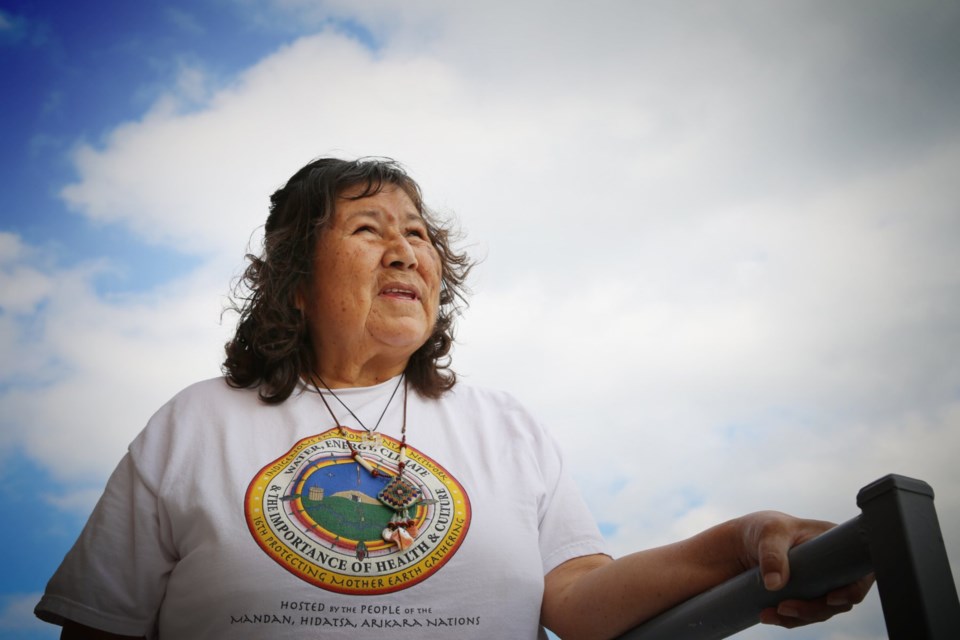NEWS RELEASE
MINISTRY OF THE ENVIRONMENT, CONSERVATION AND PARKS
*************************
Ontario's government is working to protect what matters most by identifying priorities for action to help protect the water quality and ecosystems of the Great Lakes and other waterways as part of its commitment in the Made-in-Ontario Environment Plan
Today, Rod Phillips, Minister of the Environment, Conservation and Parks and Grand Council Chief Glen Hare co-chaired the Great Lakes Guardian Council, which includes leaders from across Ontario including municipalities, First Nations and Métis communities, environmental organizations, and the science community, to discuss challenges and opportunities around the Great Lakes.
The Council meeting updated participants on issues such as excess road salt, plastic pollution, harmful algae, and sewer overflows in waterways. They also discussed the government's efforts to update Ontario's Great Lakes Strategy and negotiation of a new Canada-Ontario Great Lakes Agreement with the federal government.
"This was my first meeting with the Great Lakes Guardians' Council and the exchange of ideas from partners around the table and dialogue about how to tackle the pressures on our water resources and protect our Great Lakes was extremely valuable," said Minister Phillips. "We will take what we learned from today's Council meeting along with future consultations to inform the actions we will take together to protect our Great Lakes and keep our water clean."
The meeting also honoured the legacy of the late Josephine Mandamin, an Anishinaabe grandmother, Elder, water protector, and activist. In 2003, she co-founded Mother Earth Water Walk, circumnavigating the shores of all five Great Lakes to raise awareness about the condition of these waterways.
Josephine's total kilometres walked for the water has been tallied at over 25,000 kilometers. In the role of Chief Commissioner of the Anishinabek Nation Women's Water Commission, Josephine was a predominant contributor and respected leader at the Great Lakes Guardians' Council.
"Through all of the years of Josephine's determination and dedication to raise awareness through her legendary Great Lakes Water Walks, it is my hope that the world hears her message - that water is life!" stated Grand Council Chief Hare. "Our world is a better place because of Josephine's efforts and those of us who will continue her work to protect our life-giving Nibi, not only to honour her legacy, but to ensure water, the world over, is protected. What a remarkable Anishinaabkwe we have had the absolute pleasure of knowing and learning from."
Convening the Great Lakes Guardians' Council is part of the government's Made-in-Ontario Environment Plan to protect our air, land and water, prevent and reduce litter and waste, support Ontarians to continue to do their share to reduce greenhouse gas emissions, and help communities and families increase their resilience to climate change.
As part of the Environment Plan, Ontario will release a water discussion paper in the coming weeks to engage the public in a dialogue about key actions we can take to better protect our water resources.
Quick facts
- The Great Lakes provide drinking water to more than 70 per cent of Ontarians and their watersheds are home to more than 30,000 species of fish, birds and other living things.
- Ontario’s more than 250,000 lakes, including the Great Lakes, contain about one fifth of the world’s fresh water.
- The Great Lakes Guardians’ Council provides an opportunity for collaboration between participants from Ontario’s key sectors, municipalities, First Nations and Métis communities, environmental organizations, recreation and tourism, industry, the science community and other partners to discuss priority Great Lakes issues.
Quotes
"We heard loud and clear today that Lake Ontario may be the most valuable body of water in Canada, with nine million people drinking from it. It is vital that we help more people to connect with the lake so they can understand and respect the value of water. With more industry, business and real estate development happening on the lake, we are seeing increasing concerns over sewage and pollution. The Council and government’s Environment Plan raise the profile of this challenge, and we look forward to making progress on this important issue."
— Mark Mattson, Swim Drink Fish Canada
"Recognizing how important it is to balance the economy and the environment, the Council meeting today provided a platform for the exchange of ideas around how best to work together to develop innovative and practical solutions to issues related to plastic waste and to set the stage for more focused dialogue related to a circular economy and materials marketplace in the binational Great Lakes Region."
— Christopher Hilkene, Pollution Probe
"Road salt provides safer winter roads and walkways, but excessive use is polluting our waterways. This toxic substance builds up in our rivers and creeks making them uninhabitable for freshwater wildlife. We are working through the Council and with partners in business and government to limit road salt use in a way that ensures both safe roads and sidewalks and safe, healthy freshwater ecosystems year-round."
— Elizabeth Hendriks, Vice-President, Freshwater Conservation, WWF-Canada
*************************
